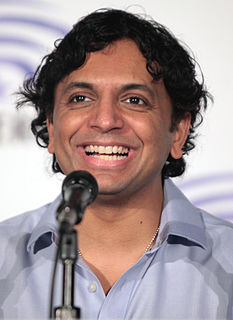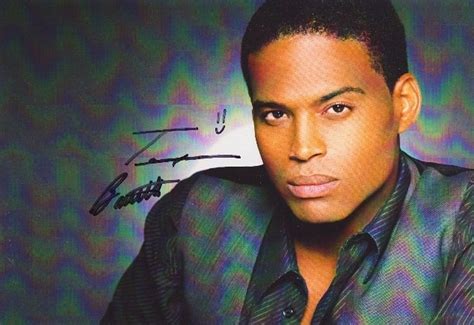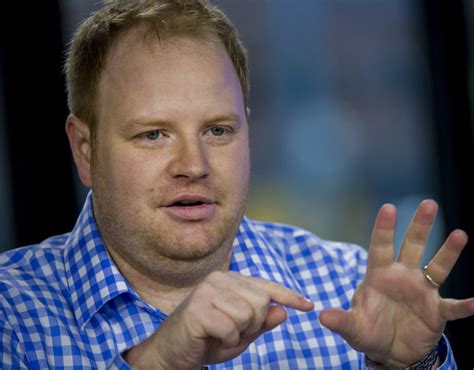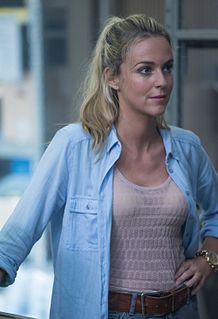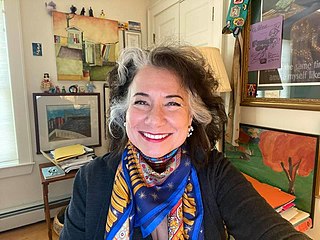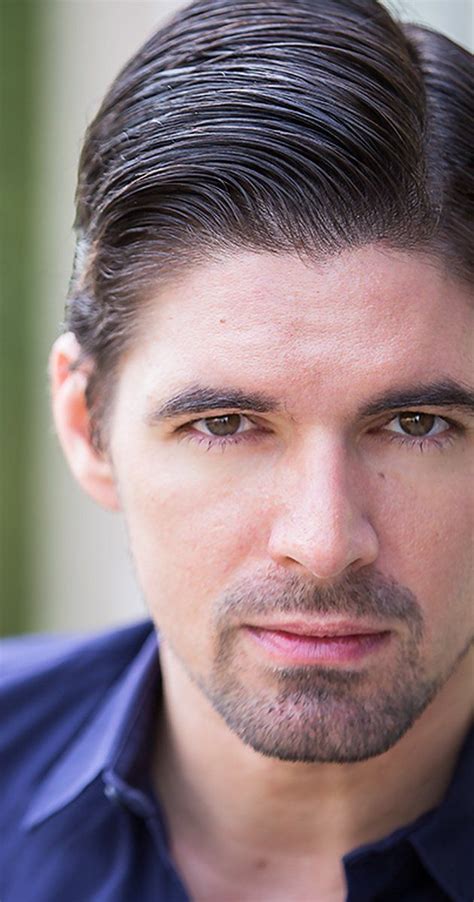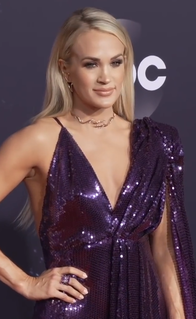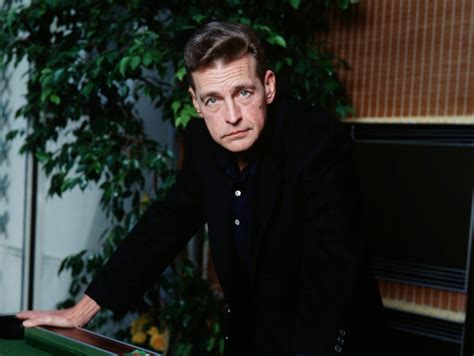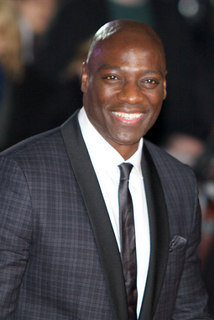A Quote by M. Night Shyamalan
A TV show where all of the characters are trying to figure out what's going on, and the suspense of that, fits my [voice] really well. You feel their frustration, anger and fear, and then, when the reveal happens, their sense of dread or horror, or whatever it is, and I like to paint with those colors.
Related Quotes
The biggest fear that everybody has is dying. Not to get too meta on you, but I think every fear that people are trying to work out is really like I'm going to die and no one is going to care, and it doesn't matter because God might not exist. That's what people are trying to figure out. I wish we all had one fear so we could think about it together and figure out a solution, but we're all doing different things.
There were a lot of lessons of production to be learned. On the page, the biggest thing you learn on any TV show is how to write to your cast. You write the show at the beginning with certain voices in your head and you have a way that you think the characters will be, and then you have an actor go out there, and you start watching dailies and episodes. Then, you start realizing what they can do and what they can't do, what they're good at and what they're not so good at, how they say things and what fits in their mouth, and you start tailoring the voice of the show to your cast.
To all my soap fans out there, my horror fanatics, comedy lovers, I will tell you this: 'Death Valley' is an action-packed drama, comedic, horror TV series that has a non-stop adventure in each episode. It's like a huge pot of Texas gumbo. If you like all four of those genres, then you'll love this show.
It's a lot easier to figure out how to scale something that doesn't feel like it would scale than it is to figure out what is actually gonna work. You're much better off going after something that will work that doesn't scale, then trying to figure how to scale it up, than you are trying to figure it all out.
Anger makes people feel uncomfortable, because the minute somebody shows it, it puts you in a position where you can't laugh or make light of something... not to trivialise it I don't mean. But your reaction to anger is supposed to be fear or returned anger. So, you're really trying to control a situation when you show anger and it's a very weak position to take. It often works on people who aren't in a position to fight back.
Anger can offer a sense of indignity to replace a sense of shame, and offer a voice-raised above others-which can finally be heard. Those voices are most effective when they are raised in unison, when they have mercy as well as anger behind them, and when, instead of roaring at the anger of old pain, they sing about the glorious possibilities of a future where anger has a smaller house than hope.
What I enjoy the most is portraying villains like a vampire, a serial killer, a supernatural creature, etc... That's when I have the most fun, creating those roles. I also love playing the hero in horror movies, because then I get to really be believable, truthful to feel the terror, the scariness, the horror, and be able to really transmit that to the audiences watching the movie or that TV series.
Figure out what you want, how you want to feel, whatever your motivation is, you have to figure it out. That's step one: where do you want to be? The next thing is just trying to get there and cutting yourself some slack along the way. You're going to have days when you veer off your path, then just get right back on. We all have cheat days, holidays, or celebrations, whatever or period when we can't work out as much as we like, and just do the best you can and when you can get back on track, get back on track.
What I like about the Carpenter take on The Thing is the fact that it just has so much suspense. It seemed like a different story, with the horror elements. Those films that really speak to the primal fear that we, as human beings, have about the unknown have always intrigued me. That's the really scary thing, not the slasher, macabre movies.
I was trying to figure out where my intellect, if I really have one, where it fit. And so I was searching. I really didn't know who I was or what I really wanted to be, and in that search, like I think you do as an actor, you end up trying to define whatever that is, and I sort of said, "Oh well, searching spiritually in a way is interesting, and Eastern religion seems to be about a search."
When you're young, you're always wondering when you're actually going to feel like a grownup. And I think you probably fear it, in a sense, too. There's a danger to feeling like an adult... like this whimsical kid in you is going to die or something. And then all of a sudden, one day you kind of feel like an adult and it's really nice.
